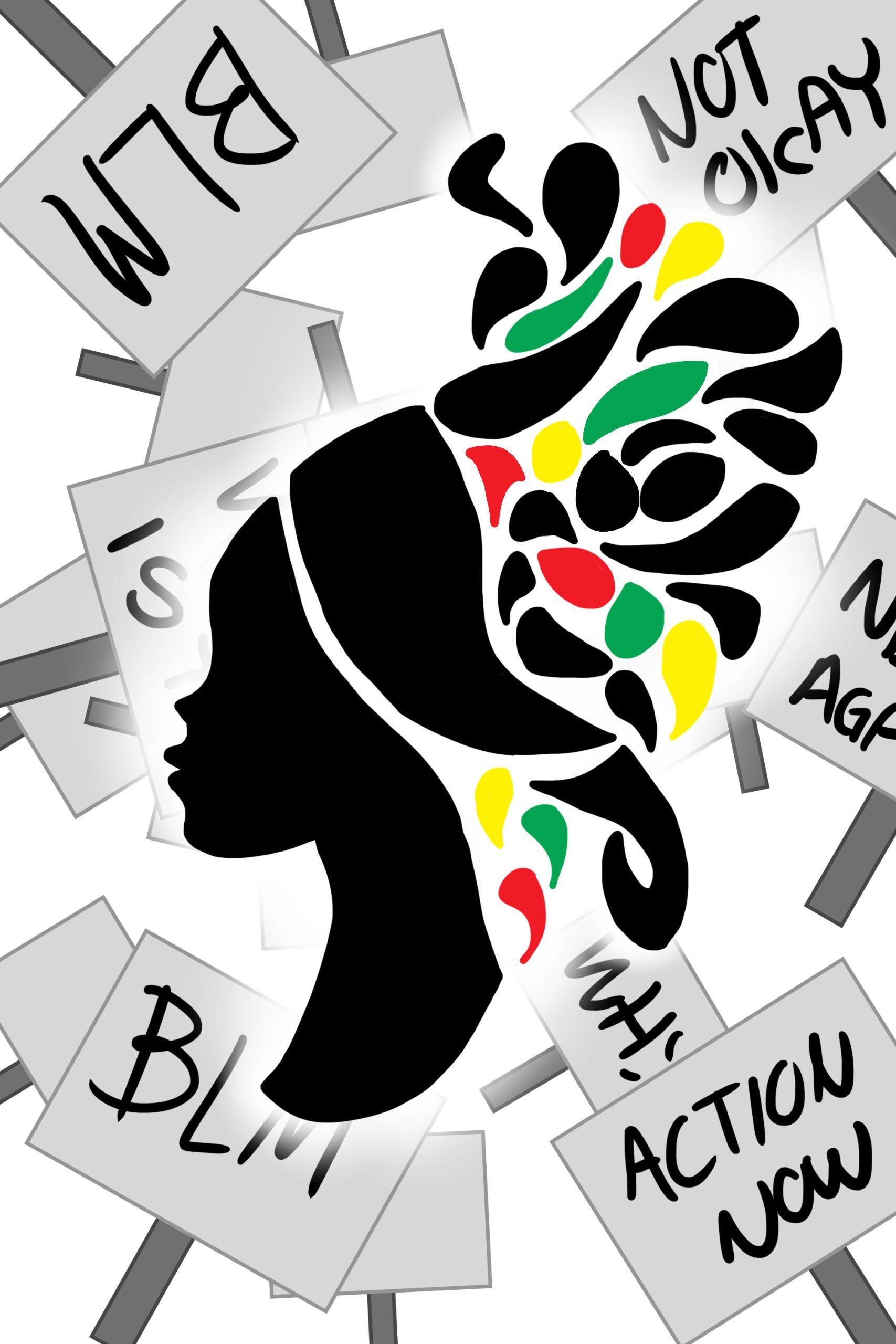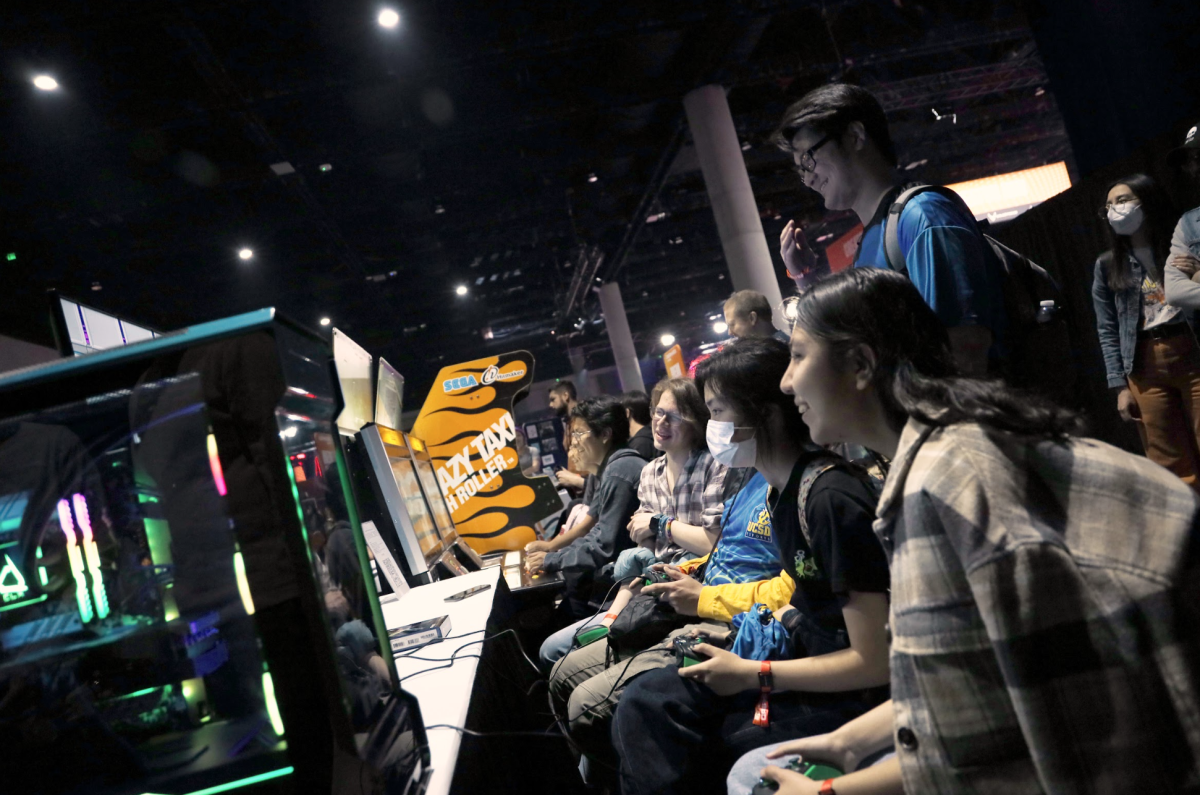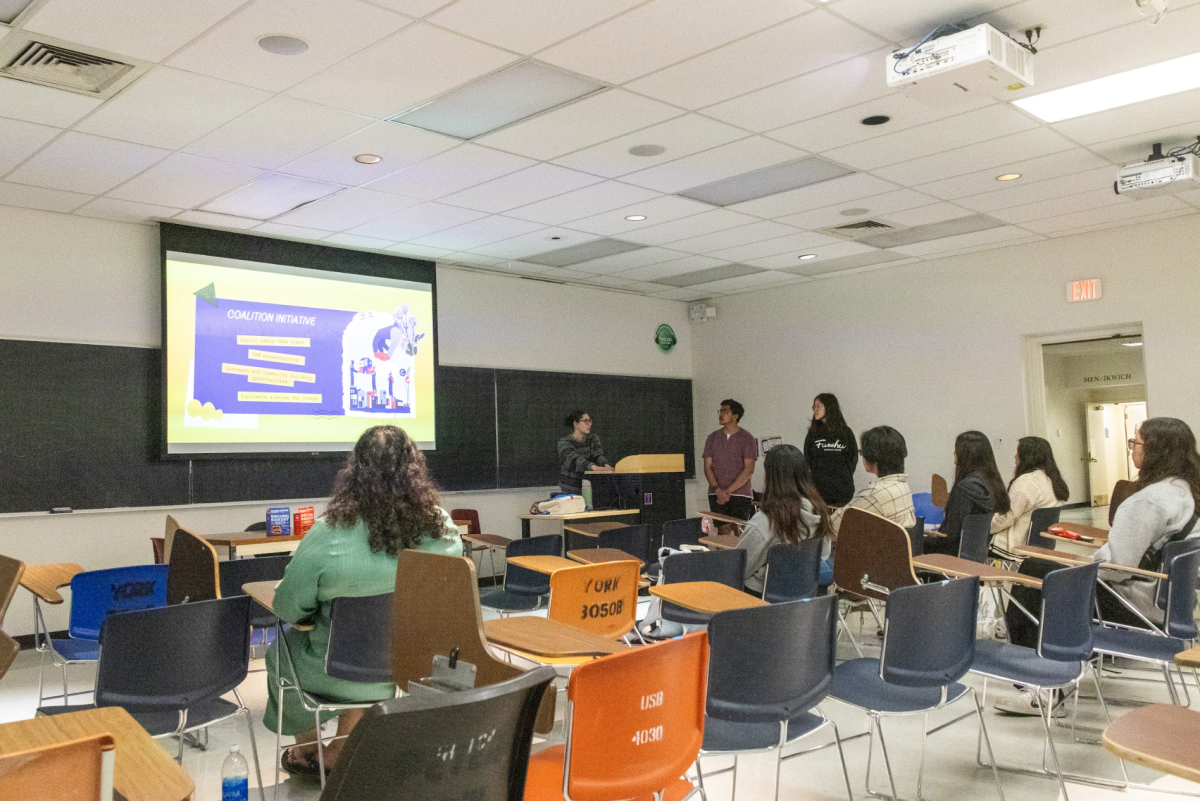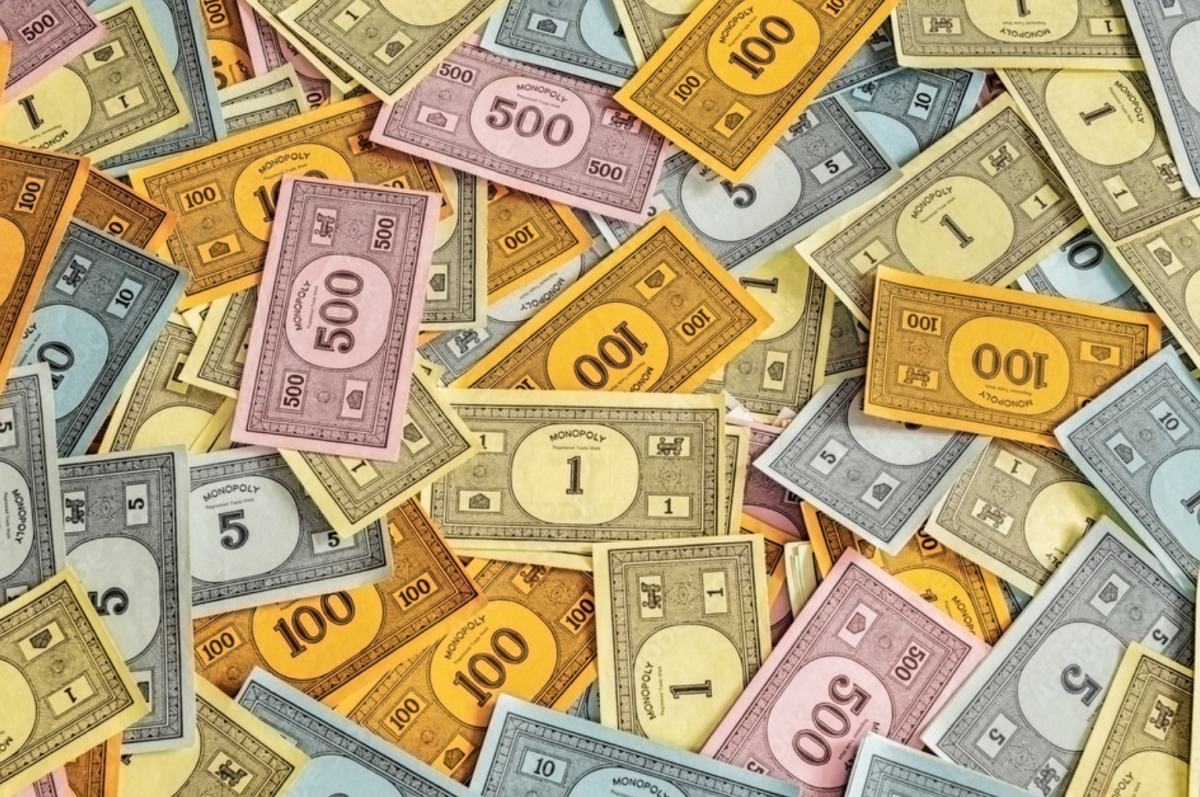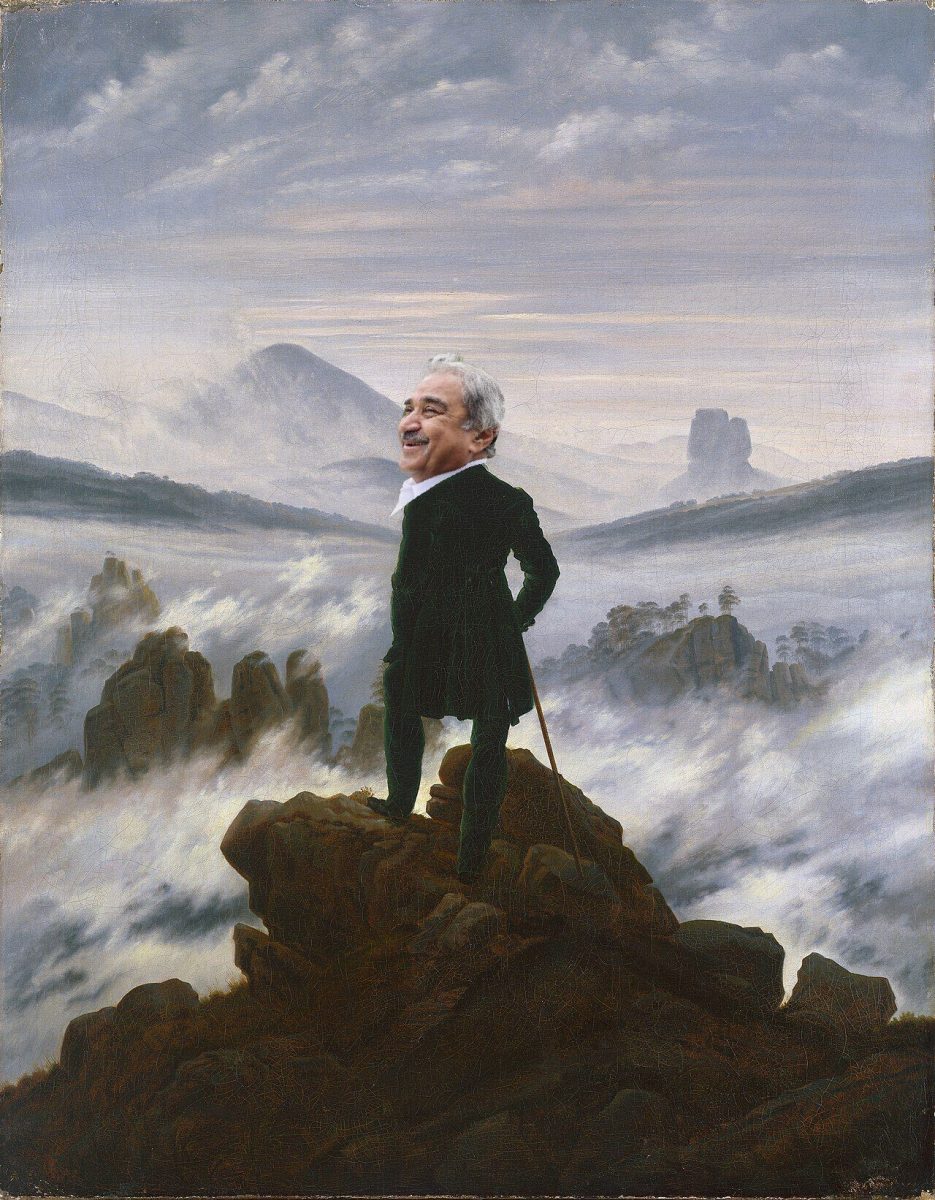Black History Month is an all-out one-month celebration of Africans and African-Americans in history. Sponsoring around 50 to 60 different events, UC San Diego has become a frontrunner in the celebration of this event. At the same time, it is more than that. In a way, Black History Month provides a cultural window that leads to a greater understanding of diversity.
Amidst the quiet that normally accompanies winter quarter, Black History Month is a sudden explosion of activity and color that consumes the entire month of February. With multiple events spanning every single day and diverse activities ranging from vivid film screenings to lectures on Senegalese sharpshooters, Black History Month is anything but quiet.
In fact, the very essence of Black History Month screams to be seen and heard. Going back as far as 1976, Black History Month encapsulates an annual period dedicated to the celebration of the achievements and roles of African-Americans and Africans throughout world history. It is meant as a tribute to a group of people who have been overlooked and abused in history — a group of people who ought to have been recognized and respected for their achievements and humanity a long time ago. For those at UCSD and across the world, Black History Month serves as a time to appreciate diverse cultures and peoples.
This year, marking the hundredth anniversary of World War I, the theme of Black History Month is “African-Americans in Times of War.” For UCSD, this theme has taken a more specific route, with the planning committee changing it to “War and Peace: the Complexity of History, Service, and Activism within the Black Diaspora.”
Reflecting this theme are the events themselves, beginning with the Week 3 “We are Abroad” workshop — which explored black experiences studying abroad — and ending with the Week 9 lecture “We Demand: The University and Student Protests” given by guest speaker Dr. Roderick Ferguson. With other festive events such as the lively OceanView Terrace Black History Celebration luncheon, Afro-Caribbean Dance and Drumming Workshop, and a performance by East African retro-pop group Alsarah & the Nubatones dotted throughout the month, UCSD has gone all out in the celebration.
“Over the past eight or nine years, Black History Month has really grown at UCSD,” Bennetta Jules-Rosette, the director of both the African studies minor and African and African-American Research Center, commented. “It’s a very important time. A lot of [student organizations or the minor program] that specialize in black studies use Black History Month to showcase what programs they’re doing. It’s also important for students, so that students … can be exposed to some of these things in more or less a fun way. Because sometimes it’s a lecture but sometimes it might be like a dance workshop or just a lunch. So it’s about education but it’s also about fun.”
Events such as these are what add a bit of life to campus amidst the gloom of winter quarter.
“I think I almost like this time of year the best at UCSD because everywhere you go there’s good food, there’s all kinds of things happening, and these things are all open to everybody on the campus,” Jules-Rosette said. “So what UCSD is doing to celebrate Black History Month, I think, is really good.”
UCSD has proved to be one of the leaders in celebrating Black History Month. In fact, UCSD is one of the only UC schools to dedicate the entirety of February to this celebration, with most schools only dedicating one to two weeks. UCSD also provides around 50 to 60 activities over the course of the month, ensuring that students will get a full range of different experiences that suit their individual interests.
“Racism is based on lack of knowledge, lack of ability to interact with people from different cultures and backgrounds. So the more people from different cultures and backgrounds come together — whether it’s through their courses or social activities — the better.”
This plethora of opportunities is helped by the fact that so many different departments and people are willing to contribute. With preparations usually beginning in early August, it takes a massive amount of cooperation and coordination among several groups of people in order to make Black History Month happen.
“[I think Black History Month is so great] because faculty, staff, and students have joined together and just worked really hard to make it a good month. … Everyone brings their contribution to the whole month,” Jules-Rosette said. “I think Chancellor Khosla tries to support this through the Equity, Diversity, and Inclusion. And the EDI, they support some of the funding of it. And I think that the campus values it because they see it really works as a time of celebration.”
However, Black History Month represents more than just a mere celebration. In a way, it serves as a reminder of the racism that African-Americans and African people went and continue to go through today. For example, 2010’s Compton Cookout is still fresh in UCSD’s history, a school normally known for its diverse environment. Including the recent disruptions and disturbances made by white supremacists on campus, Black History Month is needed now more than ever.
With the total number of African-American and African students at UCSD ranging around a mere 1.5 to 2 percent of the total population, it is clear that this is a group that is severely underrepresented. In fact, UCSD only has two minors, in African studies and African-American studies, whereas schools such as UC Riverside and UCLA have full African studies majors.
For many, Black History Month serves as an important reminder of diversity. As a student, it can become easy to immerse oneself among those who share a similar race or culture. With several clubs and activities largely centering around different racial lines and distinctions, diversity can quickly become muted. But it is through events and celebrations such as these that people are given the opportunity to break out of their comfort zones and experience something outside of themselves. This represents the true significance of Black History Month — that it is not just made for Africans or African-Americans, but for everyone to partake in and share.
“Black History Month brings out these various [racist] behaviors and it’s not like it ended with the Compton Cookout. It is ongoing on this campus … this whole floor is under the campus police patrol for the whole Black History Month, because we’ve had vandalism, we’ve had people coming in classes who weren’t supposed to be in classes. So all of the things that started with the Compton Cookout are still just under the surface,” Jules-Rosette said.
“I think the real answer to [reducing racism] is in the course, is in having students share all these things. When you have Black History Month, it’s for everybody. It’s not just for black students or students interested in black studies: It’s for the whole campus. So the more that you can promote intercultural exchange, the more racism disappears. Racism is based on lack of knowledge, lack of ability to interact with people from different cultures and backgrounds. So the more people from different cultures and backgrounds come together — whether it’s through their courses or social activities — the better.“
Not everyone has to take the African studies minor or even enroll in a course in order to become more culturally aware. At the very least, it is important in this day and age to become more open and exposed to various cultures. Black History Month gives people that opportunity. Already in full swing, it has given students a full 28 days brimming with opportunity and activity that is both open and accessible. Whether it comes to joining African dance or merely sitting and eating a meal at OVT, these activities serve as important eye-openers for UCSD students.


